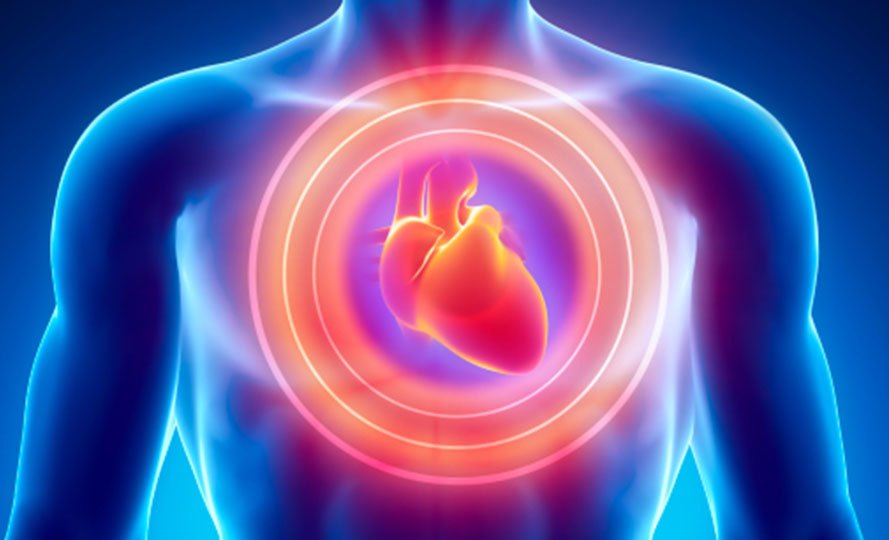
‘Angina’ is one of the earlier symptoms of coronary or ischemic heart disease and is caused due to the fat deposition inside the coronary arteries, accumulation of fat causing hardening and narrowing the blood vessels, thus slowing the blood flow to the heart muscle and depriving it of the much-needed oxygen supply.
Angina occurs especially under circumstances where the demands of the heart are increased like in cases of stress, emotional excitement, exertion, high blood pressure or structural changes to the blood vessels supplying the heart.
It presents with symptoms like-
- Tightness or a constricting sensation across the chest, especially on the left side, accompanied by pain or numbness that radiates down the arms (especially the left arm) or to the back, throat or up the neck and jaw.
- Nausea, vomiting, giddiness, pallor, tachycardia, breathlessness,
- Increased perspiration and a state of fright and anxiety.
This is a condition that needs immediate medical assistance.
It is seen more commonly in males usually after the age of 40 and who have a strong family history. Some of the risk factors for angina are smoking, alcoholism, hypertension, severe anxiety and emotional stress, dietary excesses or deficiencies, high cholesterol levels, obesity, sedentary lifestyle, lack of exercise, diabetes mellitus, excessive salt intake, etc.
SOME ADVICES TO PATIENTS WITH ANGINA
- In case you feel you are getting an angina attack, raise the head end of your bed by three to four inches or sit on the edge of the bed with your feet on the floor. This will help to improve the blood flow in the legs. It is important to make the patient take strict bed rest for a day or two.
- Stop smoking completely since it constricts the blood vessels and makes the heart work harder.
- Excessive alcohol consumption produces many irregularities in the heart rate and also increases the cholesterol levels. So avoid taking alcohol.
- Regular exercising like brisk walking on a flat surface and swimming is useful since exercise helps to improve the blood flow to the heart and it also helps to reduce the stress related to the attack, after the attack. The person has to be warned against exerting himself too much or to do any strenuous activities.
- Doing yoga, meditation and deep breathing exercises help to avoid mental and physical stress and strain.
- It is important to treat and control the risk factors like diabetes mellitus, hypertension, obesity, high cholesterol, etc.
HOMOEOPATHIC APPROACH
In the case of angina homoeopathic medicines are prescribed as per symptom similarities.
- If the pain is sudden and is associated with tachycardia, anxiety and fear of death – give Aconite 30 C, three pills every ten minutes till the symptoms reduce.
- When the pain is of a constricting type as if the chest is squeezed with an iron band accompanied with congestion and palpitation – Cactus Grandiflorus 30 C, three pills every ten minutes should be given till the symptoms become milder or five drops of the mother tincture Cactus grandiflorus should be given in a tablespoonful of water thrice daily.
- In cases of spasmodic pain with a sensation as if the heart would cease to beat if they moved, with irregular slow beats, dyspnea with the inability to talk, give Digitalis 30 C, four pills every few minutes till relief is obtained.
Likewise various other remedies Latrodectus Mactans 30 C, Bryonia mother tincture,Mag Phos 6 X,Crataegus Oxycantha ,Kalmia Latifolia 200 C, Spigelia (Pink Root) 30 ,Cuprum Met 30 C are also commonly used depending on all different symptoms associated with angina.
(Note: Kindly do not self-medicate, it is advised to take this medicines under physicians surveillance only )
Do post your feedback on clinic@kalpclinic.in


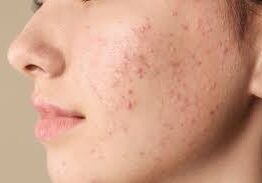

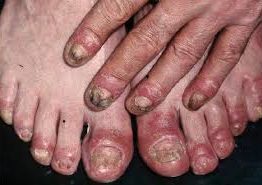
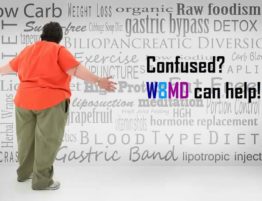

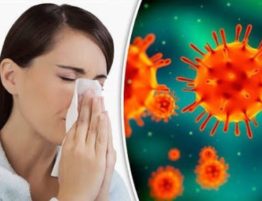
Write a comment: